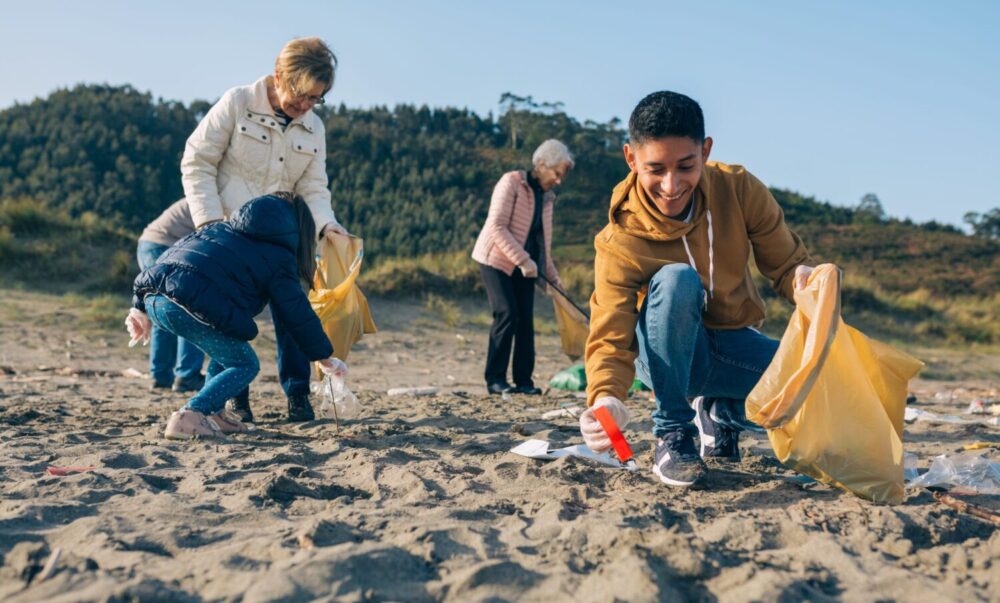Local businesses are the backbone of any community, and keeping them healthy is essential to the growth and prosperity of the area. One way to do this is by organizing and participating in community clean-up initiatives. These events not only help to beautify the area but also foster a sense of pride and ownership in the community. In this article, we will discuss how to organize and participate in neighbourhood clean-up events.
Why Community Clean-Up Initiatives
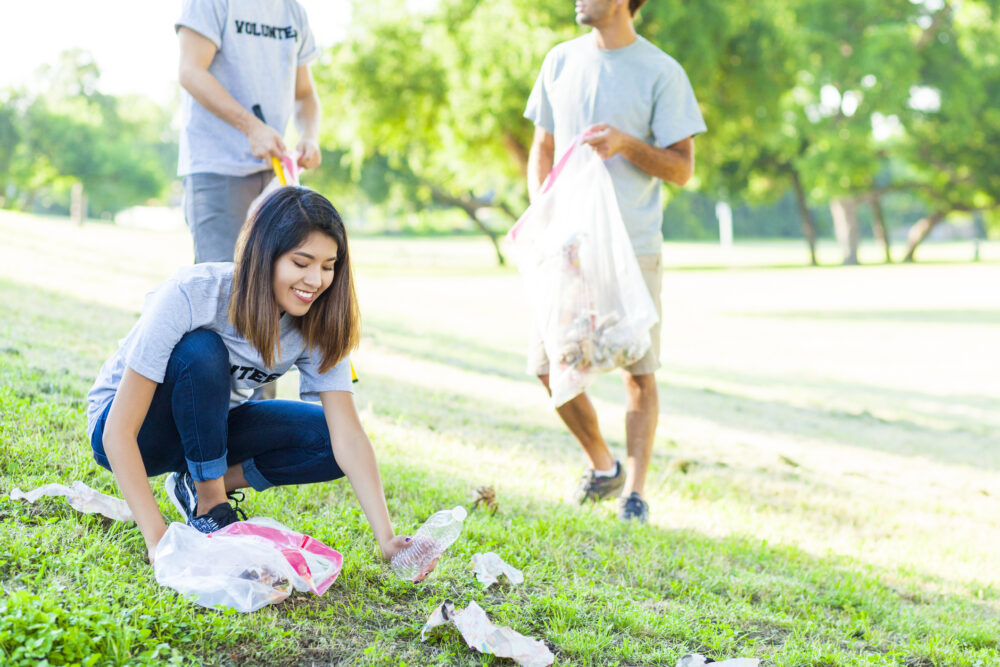
Source: blog.nextdoor.com
Community clean-up initiatives are an excellent way to bring people together and make a positive impact on the community. These events help to beautify the area, create a sense of pride and ownership, and promote community engagement. They also help to reduce crime and improve public safety by removing debris and improving lighting in the area.
Organizing a Neighborhood Cleanup Event
Organizing a neighborhood cleanup event is relatively easy. The first step is to identify the area that needs to be cleaned up. This could be a street, a park, or any other public space. Once you have identified the area, you need to contact local businesses and community organizations to enlist their support. You can also use social media to spread the word and recruit volunteers.
Here Are Some Steps You Can Take To Organize a Neighborhood Cleanup Event
- Set a Date: Choose a date and time that is convenient for most people. Make sure to give people enough notice so they can plan accordingly.
- Identify the Area: Identify the area that needs to be cleaned up. This could be a park, a street, or any other public space.
- Recruit Volunteers: Reach out to local businesses, community organizations, and individuals to enlist their support. You can also use social media to spread the word.
- Gather Supplies: You will need trash bags, gloves, and other cleaning supplies. Contact local businesses and community organizations to see if they can donate any supplies.
- Assign Tasks: Assign tasks to volunteers. Some people can pick up trash, while others can sweep or rake leaves.
- Provide Refreshments: Provide refreshments for volunteers. This could be water, juice, or snacks.
- Participating in a Neighborhood Cleanup Event: Participating in a neighborhood cleanup event is a great way to give back to the community and make a positive impact. Here are some tips on how to participate in a neighborhood cleanup event:
- Dress Appropriately: Wear comfortable clothing and closed-toe shoes. You may also want to wear gloves and a hat to protect yourself from the sun.
- Follow Safety Guidelines: Follow any safety guidelines provided by the organizers. Be aware of your surroundings and watch out for hazards such as broken glass or sharp objects.
- Be Respectful: Be respectful of others and the environment. Don’t litter, and be careful not to damage any plants or other natural features.
- Follow Instructions: Follow the instructions provided by the organizers. They will assign tasks and provide guidance on how to perform them.
- Have Fun: Participating in a neighborhood cleanup event is a great way to meet new people and have fun while doing something positive for the community.
How to Dispose of Waste After Neighbourhood Clean-ups
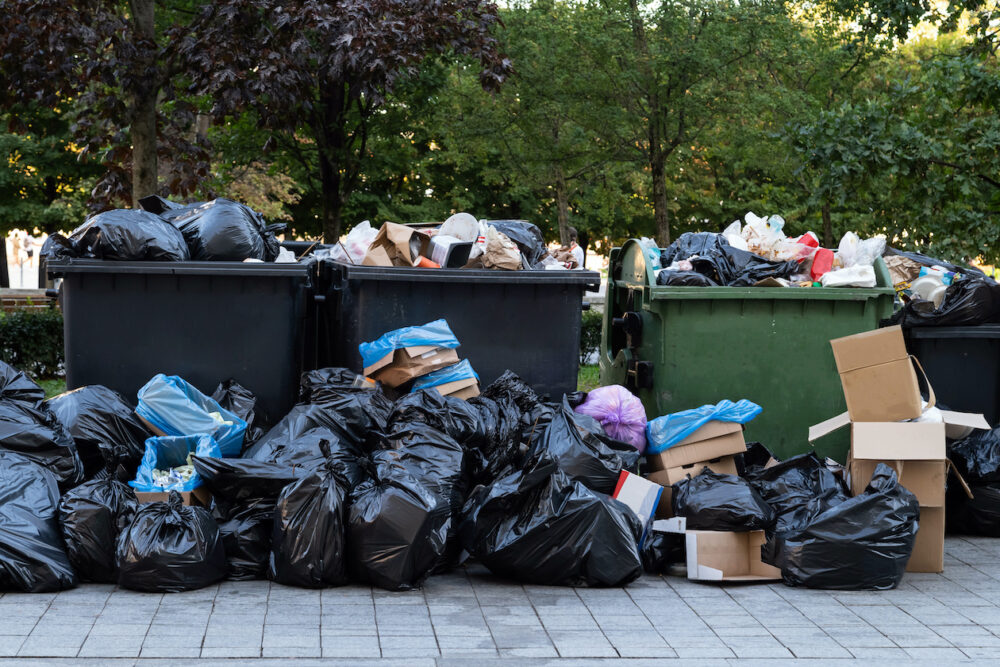
Source: myethicalchoice.com
While these cleanups can make a significant difference in the cleanliness and appearance of the neighborhood, it is essential to dispose of the waste properly. Here are some tips on how to dispose of waste after neighborhood cleanups.
Contact Your Local Waste Management Company
After separating the waste, contact your local Sydney rubbish removalists to determine the appropriate disposal methods. They can provide you with information on what items are accepted at the landfill or recycling center, pick-up schedules, and any fees associated with disposal. Some waste management companies may offer special pick-up services for large items such as furniture, appliances, and construction debris.
Separate Waste
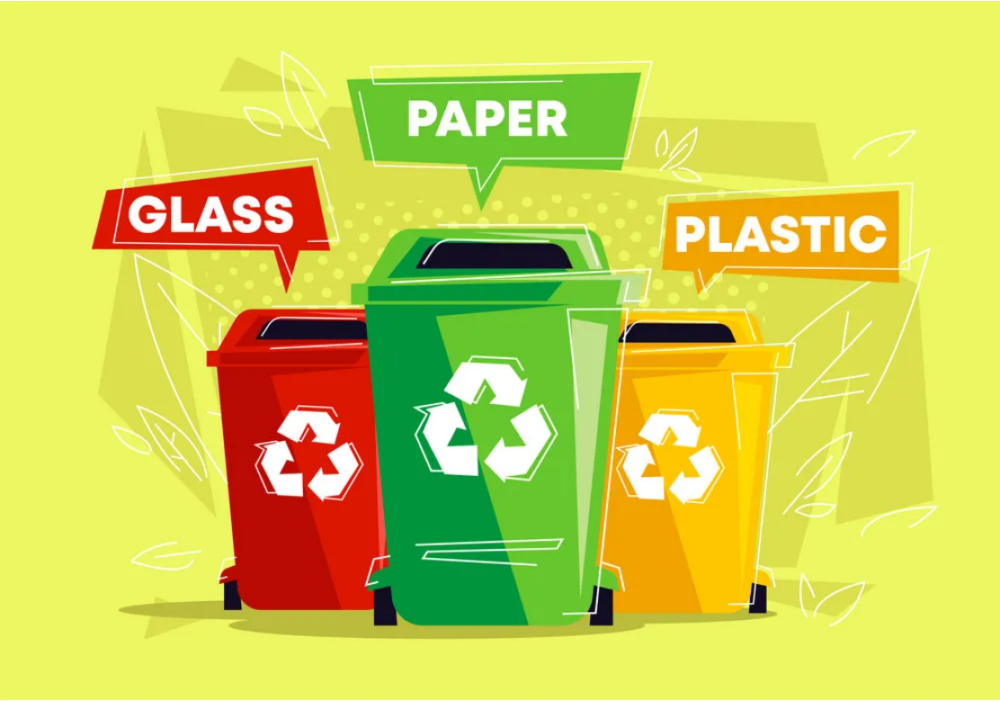
Source: greenhome.co.me
Before disposing of the waste, it is essential to sort it into different categories to ensure proper disposal. Different types of waste require different disposal methods. Separating the waste makes it easier to recycle and dispose of each type of waste. For example, recyclable items such as glass, paper, and plastics should be placed in one bin, while organic waste such as food scraps, leaves, and grass clippings can be composted. Hazardous waste such as chemicals, batteries, and electronics should be disposed of separately to prevent environmental damage.
Utilize Recycling Centers
Recycling centers are an excellent resource for disposing of recyclable materials such as glass, paper, and plastics. These centers sort and process recyclable items, making it easier to reuse them in the manufacturing process. Some recycling centers also offer special programs for hazardous waste disposal, including chemicals, batteries, and electronics. Check with your local recycling center to see if they accept these items and what their requirements are.
Consider Composting
Composting is an eco-friendly way to dispose of organic waste such as food scraps, leaves, and grass clippings. Composting breaks down organic waste into nutrient-rich soil, which can be used to fertilize gardens and landscaping. Some cities offer composting programs, and you can also purchase compost bins to use at home. If you have a large amount of organic waste from the neighborhood cleanup, consider starting a community composting program.
Donate or Sell Items
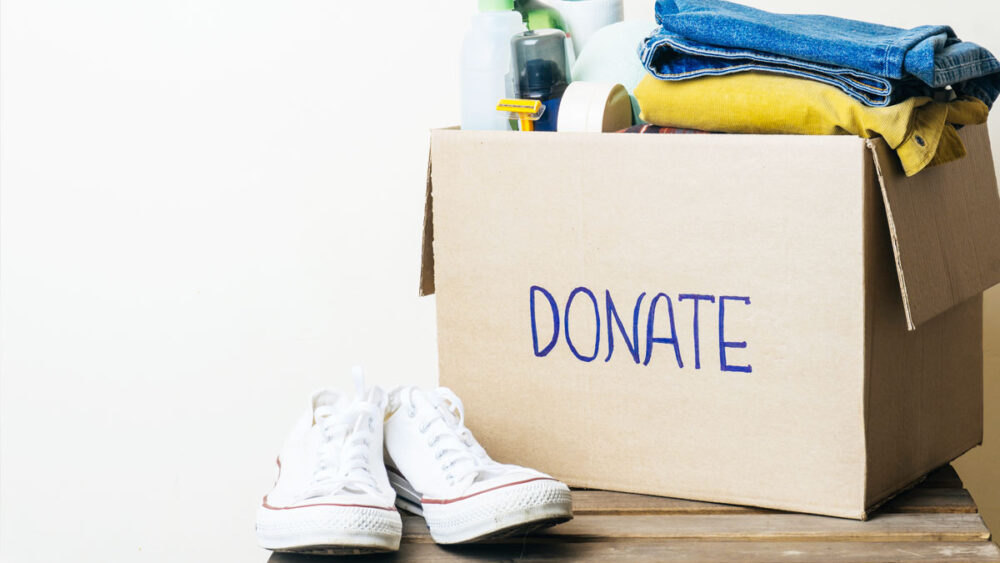
Source: 1800gotjunk.com
Many items collected during neighborhood cleanups can be reused or repurposed. Consider donating items such as clothing, furniture, and electronics to local charities or organizations. You can also sell items in good condition at yard sales or online marketplaces. This not only reduces waste but also benefits the community by providing affordable options for those in need.
Dispose of Hazardous Waste Properly
Hazardous waste such as chemicals, batteries, and electronics should never be disposed of in regular trash bins. These items can be dangerous to the environment and pose a risk to human health. Contact your local waste management company or hazardous waste disposal center to properly dispose of these items. Many cities hold special collection events for hazardous waste disposal, making it easier for residents to dispose of these items safely.
Conclusion
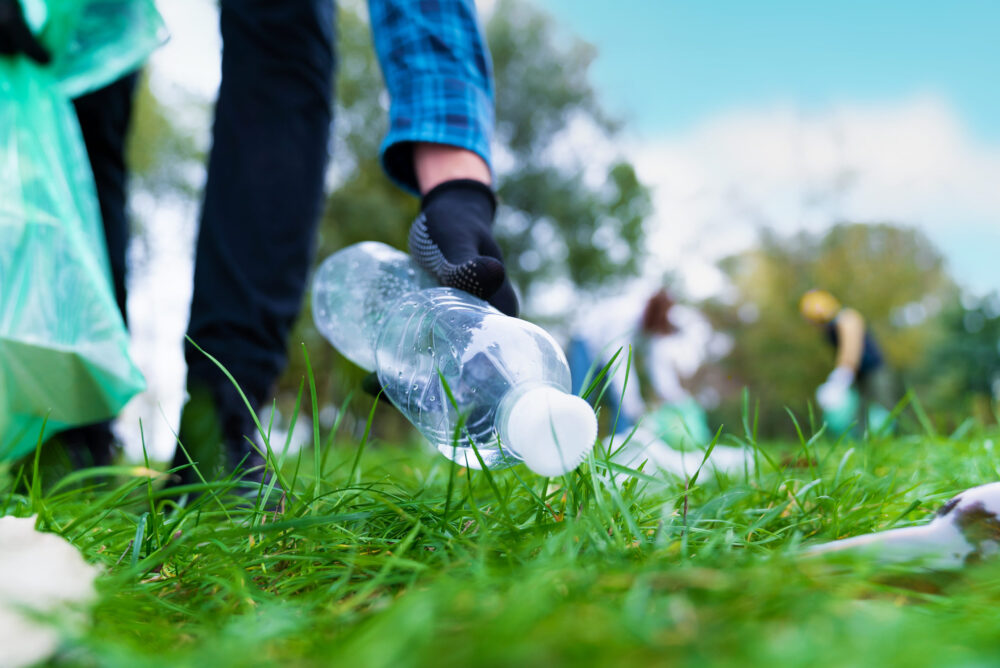
Source: tryengineering.org
Organizing and participating in neighborhood cleanup events is an excellent way to support local businesses and promote community engagement. These events help to beautify the area, create a sense of pride and ownership, and improve the overall quality of life for residents. However, it is important to remember that proper waste disposal is a crucial aspect of these events. By taking the time to separate waste, contacting local waste management companies, utilizing recycling centers, composting, donating or selling items, and disposing of hazardous waste properly, we can all do our part to ensure a clean and healthy environment for our community. Let us work together to create a more sustainable and beautiful neighborhood for generations to come.


